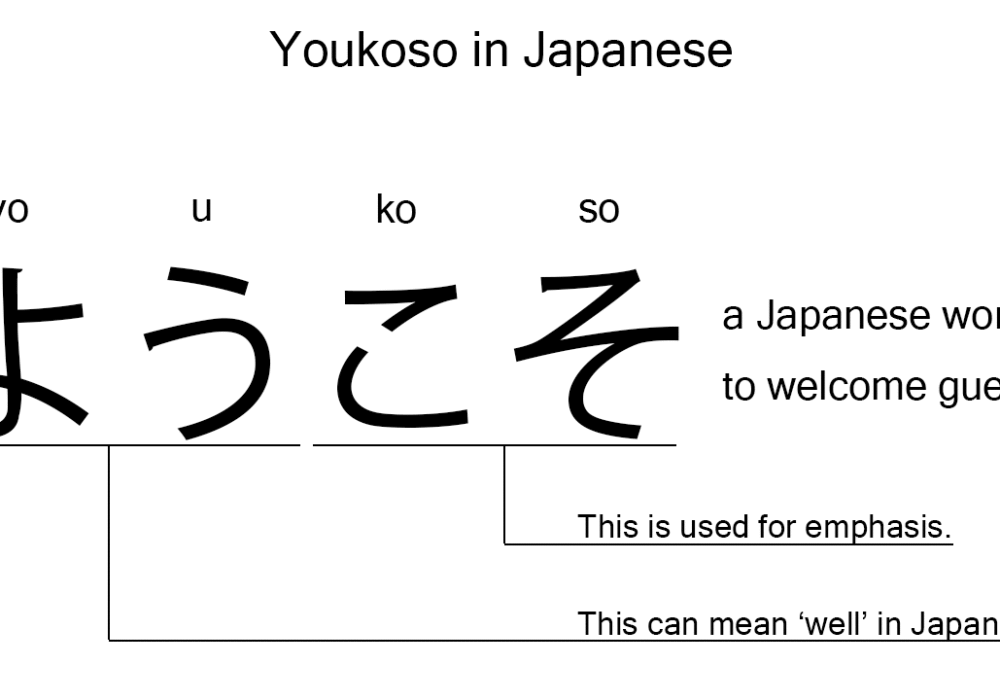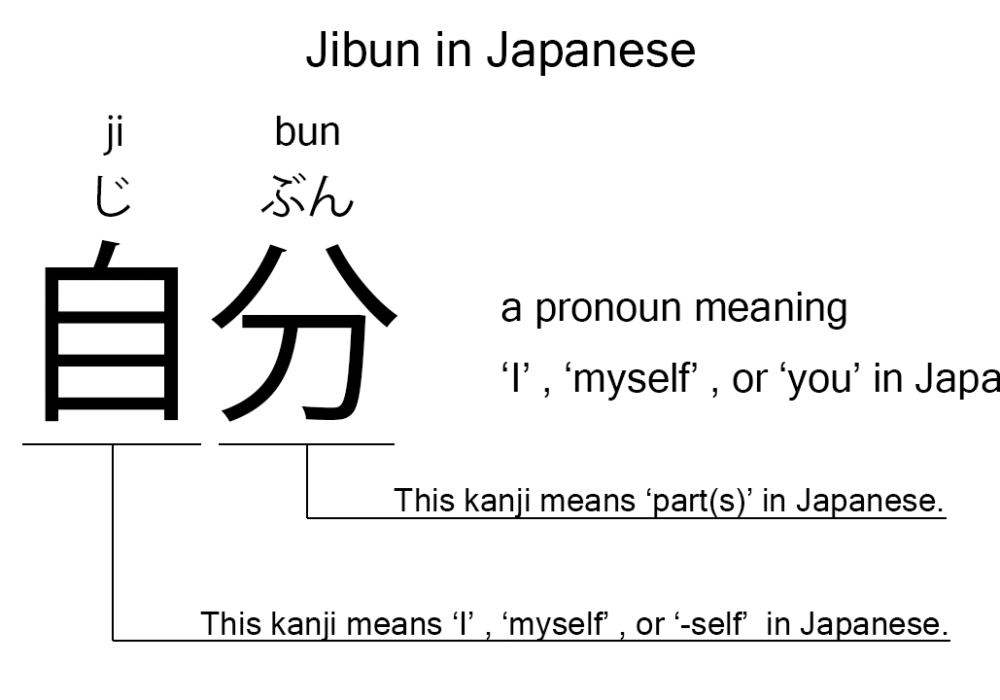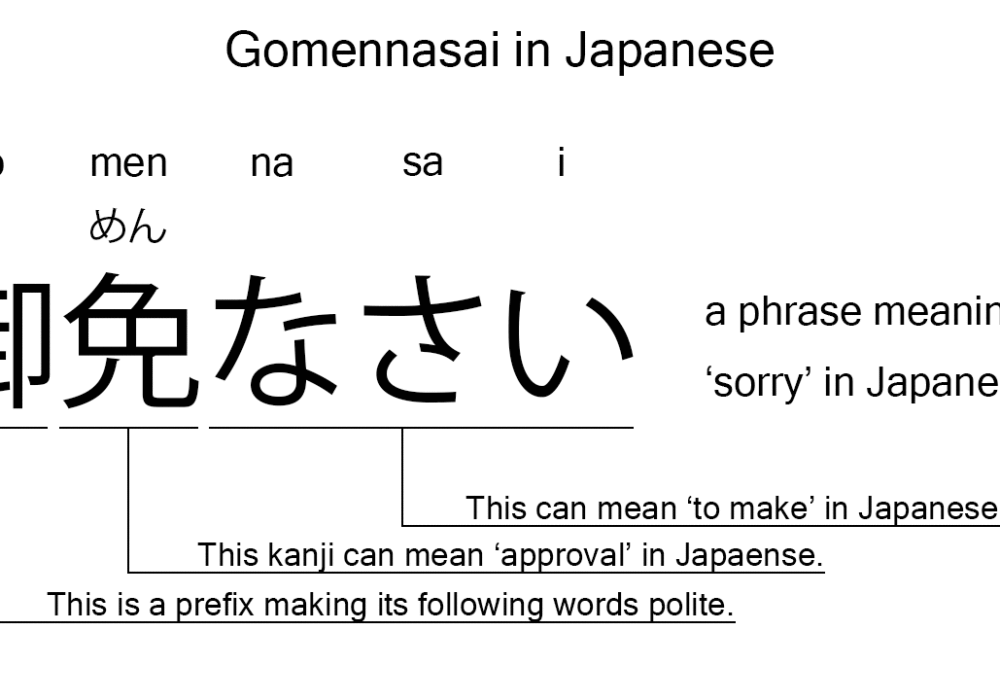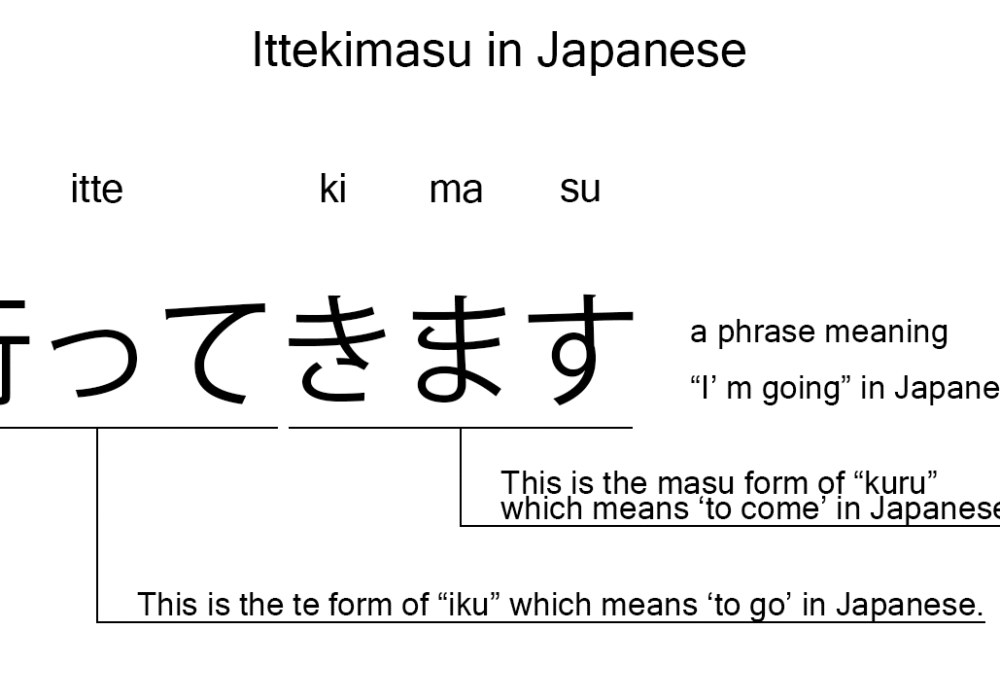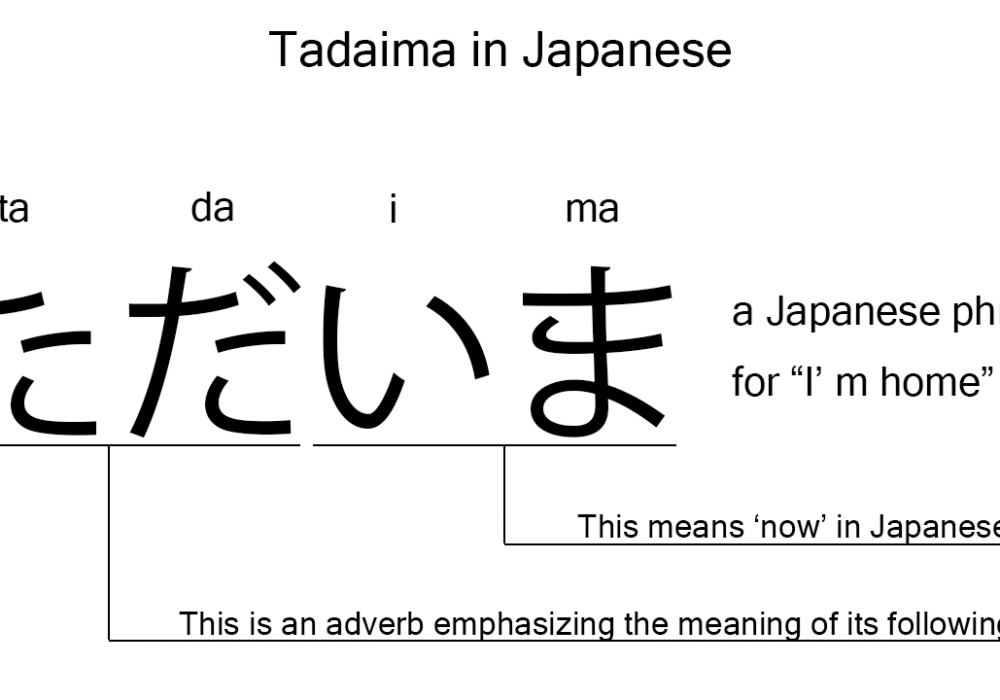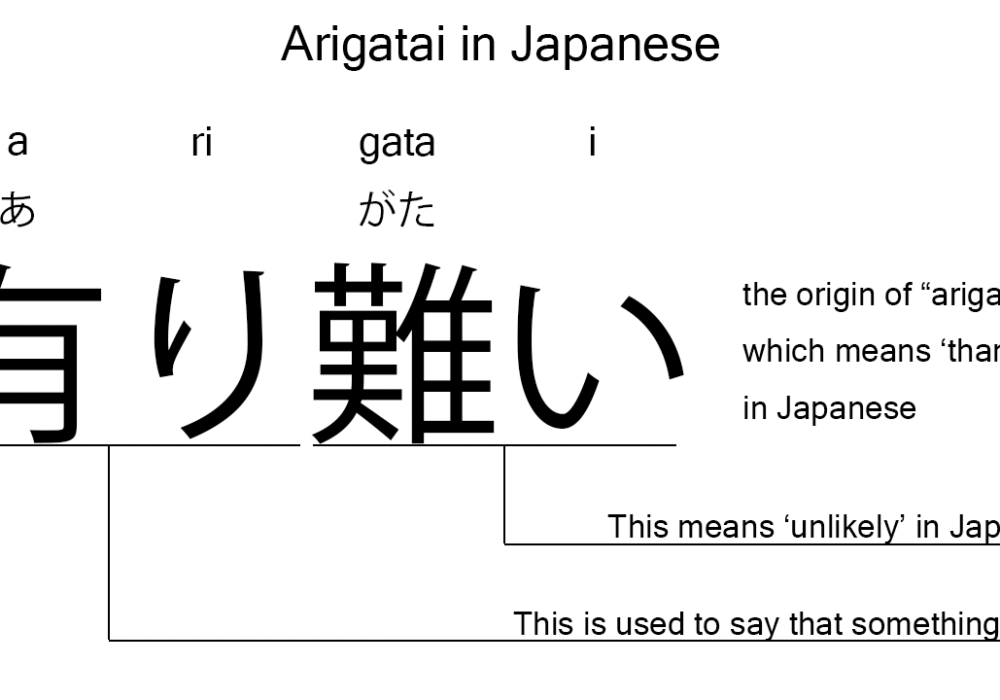What does "youkoso" mean in Japanese? Japanese native speakers say "youkoso" to welcome guests politely. So, it means more or less 'welcome' in Japanese. Perhaps, some Japanese learners know this word as it is sometimes used in Japanese movies, songs, novels, manga, anime, and the like. In this blog post, however, I …
[Read more...] about Youkoso is the Japanese word to welcome guests politely
